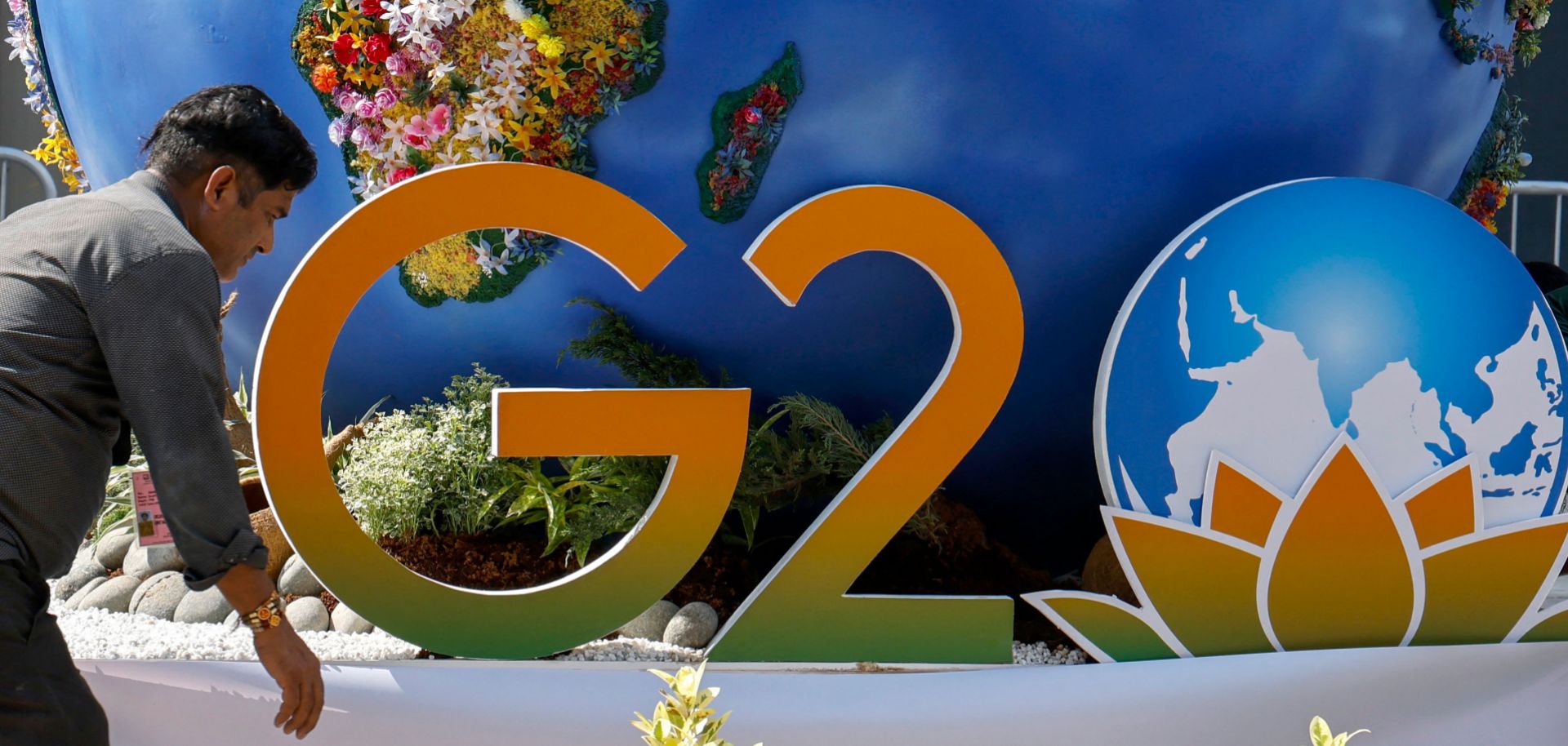As the annual G20 summit takes place in New Dehli, India, from Sept. 9 to 11, geopolitical processes, a shifting world order and a disoriented G20 call into question the viability of the initiative's future. The G20 can trace its origins to two major crises. The 1997 Asian Financial Crisis compelled the G7 developed countries to recognize the growing importance of developing economies and led to the formation of the G20 as a meeting ground for finance ministers and central bankers. A decade later, the global financial crisis of 2007-2009 reshaped the G20 into a summit of national leaders, expanding its role and remit. In both cases, the interconnectedness of the global financial architecture and the rapid spread of economic challenges from one region to another provided the momentum for collaboration and collective action. However, the global economic disruptions triggered by the COVID-19 pandemic have not driven a similar reinvigoration...

